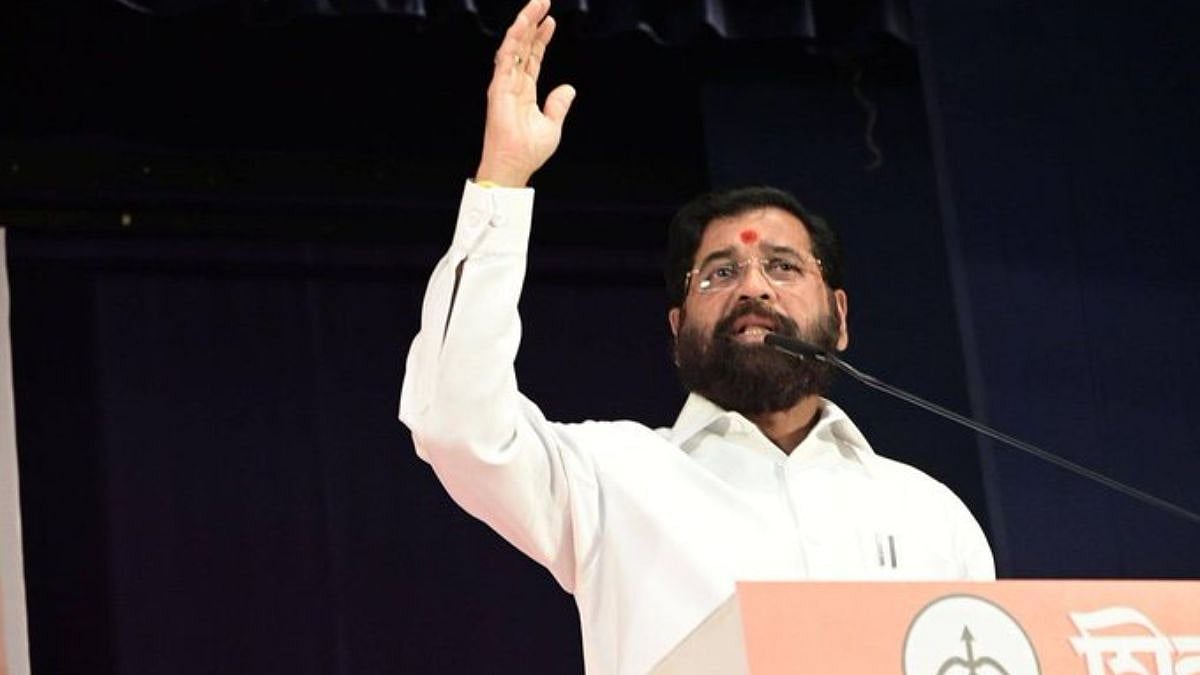In the inaugural 1896 Athens Summer Olympics, cricket was the only team sport to be included but was aborted and not played due to a lack of sufficient entries. In 1990, hosts France and Great Britain alone played a two-day match of two innings featuring 12 men a side which the latter predictably won. The cold shoulder given to cricket by major sporting nations was perhaps responsible for cricket not being included in the subsequent Olympics.
The 2028 Los Angeles Olympics would see cricket staging a comeback with the International Olympics Committee (IOC) giving its thumbs up. IOC’s 141st session on October 16, 2023 approved LA28's proposal for five additional sports baseball/softball, cricket (T20), flag football, lacrosse (sixes) and squash being included as additional sports on the programme for the Olympic Games Los Angeles 2028 (LA28). That it will be played in the blistering T20 format is revealing and in keeping with the times. A laidback two-innings format in any case is gradually fading into history though oldtimers are bemoaning its subjugation and pining for its more frequent resurrections. But then it is the market (read spectators and viewers) who at the end of the day decide whether the pristine version of a game should stay on or the more exciting version should steal the thunder. The pristine 35-minute hockey game has yielded to the pressures of TV advertisers and is played in four quarters of seven and a half minutes each.
What does this portend for India? Cricket to start with was a Commonwealth sport with the International Cricket Conference keeping it that way till winds of change brought in interest from other nations. Today there are 12 full and 96 associate members. The prospect of Olympic gold would tantalise most of the nations to throw their hat into the cricket ring. At least at the Olympics the International Cricket Council is expected to be elbowed out by the IOC which intuitively will throw its doors open for anyone wanting to play this arguably colonial game subject to a few reasonable criteria so that the organisers don’t face logistical and timeliness issues. Be that as it may.
India can afford to be complacent at its own peril. It has to pull up its socks. Against Australia in the 50-over version of the game in 150 matches, Australia has trounced India 83 times. In the T20 version however it is 15:10 in India’s favour. Australia is a steady performer in cricket with the nation producing a regular annual crop of talent replacing the ageing ones. Whereas for Indians the gravitas has been its IPL beckoning cricketers from across the cricketing nations as well as youngsters from Indian hinterlands wanting to strike it rich. That said, the wannabes and the so-called babes who make their appearance in the 2028 LA Olympics would hardly allow grass to grow under their feet. The major sporting nations led by China, Russia, the USA and Germany can be counted upon to start grooming their players in right earnest.
China started participating with gusto in the Olympics rather late for a variety of reasons but true to the clarion call of its paramount leader Deng Xiaoping, it has been taking the sporting world by storm ever since it returned to the Olympic stage in 1984 after a 32-year absence. The point is that competition if anything is only going to intensify when there are a large number of aspirants. There has also been criticism sotto voce, which cricket aficionados call uncharitable, that cricket after all is not as demanding as, say, hockey and soccer, and hence attracts Indians and Pakistanis in droves who admittedly do not belong to the major sporting nations genre. That young Indians are drawn to cricket and cinema more than to any other esoteric arena is no secret.
There is an apocryphal story of India’s cricketing legend Kapil Dev once candidly admitting that his first love was sprinting but his elder brother advised him to shed it in favour of cricket on the grounds that while an Olympic medal would glitter for a while, cricket would enrich him forever. Money makes the mare go. So, one can’t blame our youngsters for chasing the moolah. Polemics aside, the truth is that the advent of greater participation, especially from innately strong sporting nations, is going to shake entrenched nations in the long run if not in the medium run. So, a cricket gold medal is not there for the asking in the Olympics as a few commentators gushingly put.
Every nation lobbies for the inclusion in the Olympics of the games it is good at. Watersports in the Olympics has from 2016 seen the inclusion of dazzling beauty contests, as it were, on the pool going by the name of artistic swimming. The rules of hockey have been tweaked over the years to suit Western nations to the detriment of India and Pakistan, the two nations that were renowned for their artistic game with wily stickwork holding the spectators in thrall. So, there is nothing wrong fundamentally in the cricketing nations successfully installing the game in the Olympics and, who knows, in due course tweaking the rules of the game to suit them.
Why not kabaddi? The desi game, nay the unofficial national sport of Indians, the game the Gods loved as borne out by the epic Mahabharata, is now part of the Asian Games. There is a Kabaddi World Cup, to be sure, but Olympics status has been eluding it. Ditto for kho-kho, another rustic Indian sport that harks back to centuries. Again, it must be remembered that while elevation of a sport to the Olympic level is bound to be edifying to the country of origin, it simultaneously calls for the realisation that greater competition could rock its boat.
S Murlidharan is a freelance columnist and writes on economics, business, legal and taxation issues.






